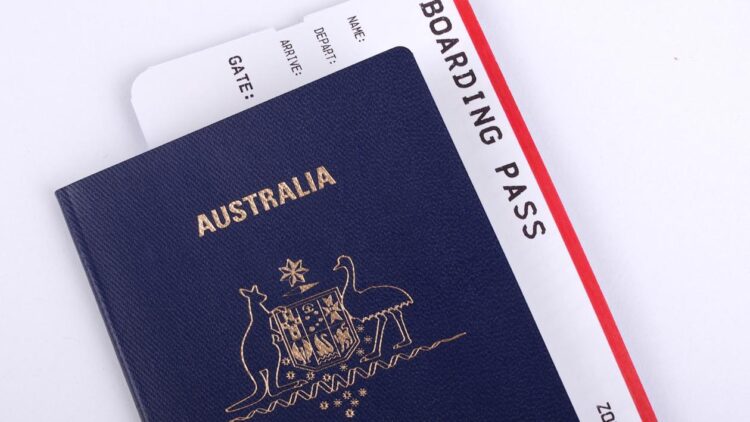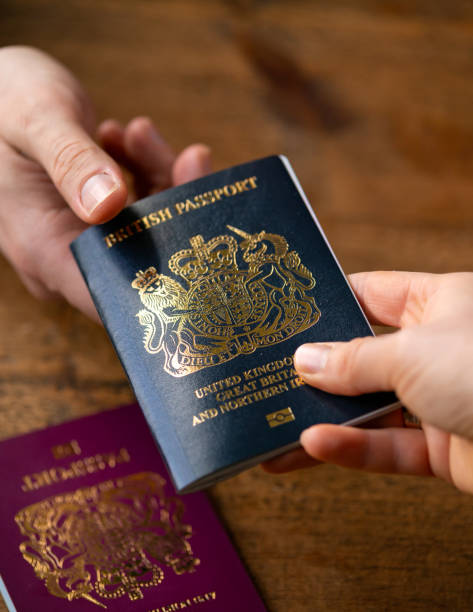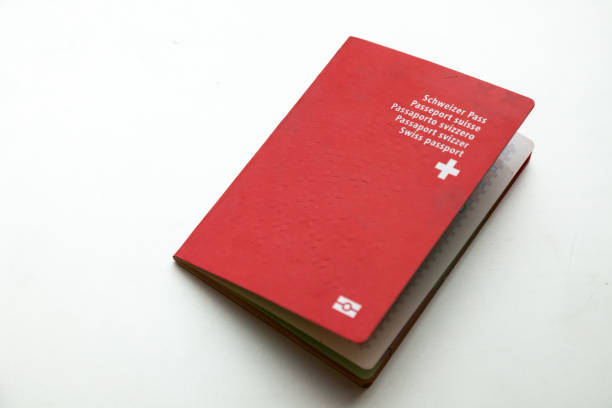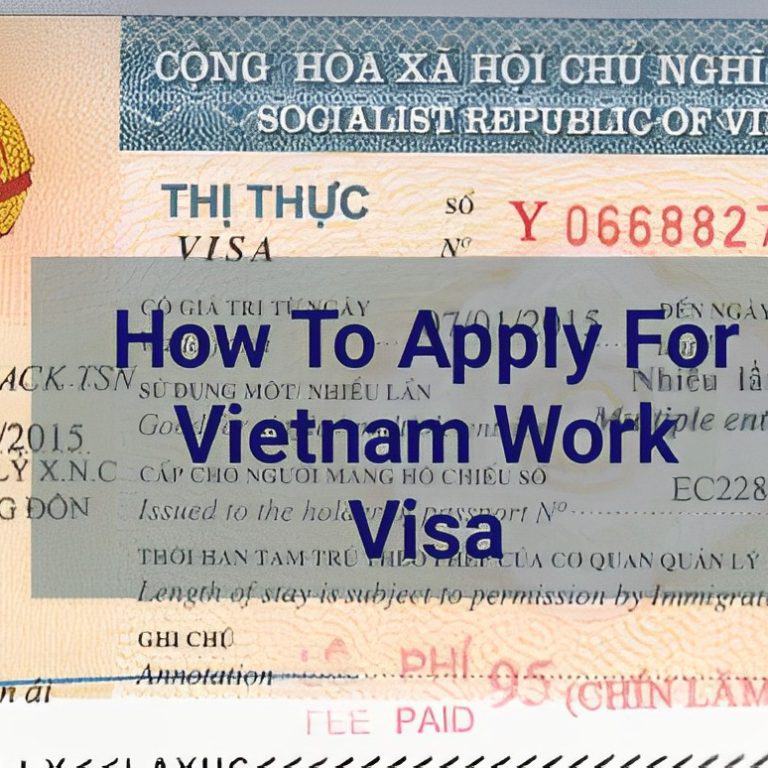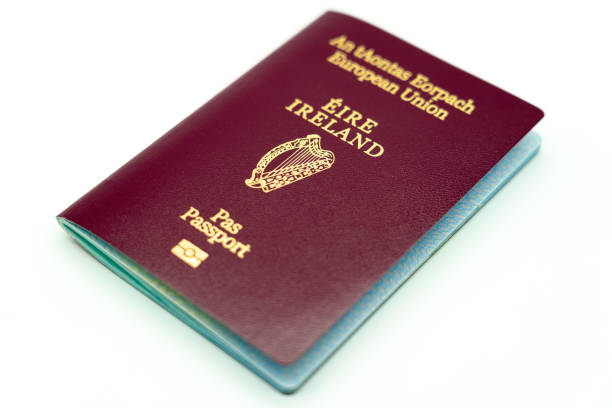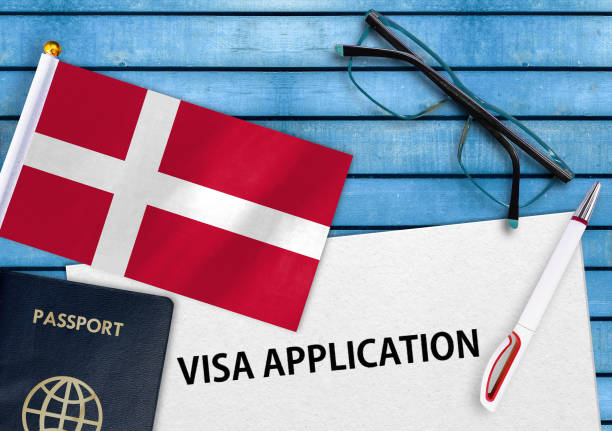The Complete Guide to Obtaining an Australian Tourist Visa
Obtaining an Australian tourist visa is a multi-step process that requires understanding the different visa types, determining eligibility, gathering required documentation, and submitting a thorough application. This comprehensive guide provides an overview of each stage, including health and character checks, visa processing and decision, and the option to extend or renew your visa if needed. By following these steps and adhering to the visa conditions, you can enhance your chances of a successful application and enjoy a memorable trip to Australia.
Understanding the Australian Tourist Visa Types:
- Overview of the various visa subclasses available for tourism purposes, such as the Visitor (subclass 600) visa, Electronic Travel Authority (ETA), and eVisitor visa.
- Differentiating between single-entry and multiple-entry visas.
- Identifying the visa subclass that aligns with your purpose of visit, nationality, and eligibility criteria.
Determining Your Eligibility:
- Assessing your eligibility based on factors such as nationality, purpose of visit, and intended duration of stay.
- Considering any special requirements or conditions for specific visa subclasses.
- Consulting the Australian Department of Home Affairs website for accurate and up-to-date eligibility information.
Gathering Required Documentation:
- Understanding the document checklist for your visa subclass.
- Collecting essential documents, including a valid passport, photographs, financial records, travel itinerary, health and character certificates, and any other specific requirements.
- Ensuring that all documents are accurate, up-to-date, and meet the specified format and criteria.
Health and Character Checks:
- Explanation of health checks, including medical examinations, chest X-rays, and other tests.
- Overview of character checks, such as providing police clearance certificates from relevant countries.
- Emphasizing the importance of adhering to health and character requirements and providing truthful information.
Applying for an Australian Tourist Visa:
- Creation of an ImmiAccount on the Australian Department of Home Affairs website.
- Step-by-step guidance on completing the visa application form accurately and thoroughly.
- Uploading the required documents and paying the visa application fee.
- Submission of the application and obtaining an acknowledgment receipt with a unique application ID.
Visa Processing and Decision:
- Understanding the processing time and factors that can influence it.
- Tracking the progress of the visa application through the Immi Account.
- Awareness of any additional information or interview requests that may arise.
- Receiving the visa decision and understanding the implications of approval or refusal.
Visa Conditions and Validity:
- Familiarizing yourself with the visa conditions specific to your subclass, such as work restrictions, maximum stay duration, and study limitations.
- Complying with the conditions and understanding the departure requirement.
- Recognizing the difference between visa validity and the duration of stay.
- Exploring the option of multiple-entry visas and their benefits.
Extending or Renewing Your Tourist Visa:
- Assessing eligibility for extending or renewing your visa.
- Timely application submission and adherence to the application method specified for your situation.
- Providing necessary documents to support the extension or renewal request.
- Understanding the processing period and potential bridging visas.
- Compliance with visa conditions and departure requirements during the processing period.
Pros
| Pros | Details |
| Opportunity to explore Australia | With a tourist visa, you have the opportunity to explore the diverse landscapes, iconic landmarks, and rich cultural experiences in Australia. |
| Engage in tourism activities | You can participate in various tourism activities such as visiting national parks, enjoying stunning beaches, exploring cities, and experiencing Australian wildlife. |
| Visit friends and family | If you have friends or family residing in Australia, a tourist visa allows you to visit and spend time with them. |
| Attend special events or festivals | You can attend special events, festivals, or cultural celebrations happening in Australia during your visit. |
| Experience Australian lifestyle | Immersing yourself in the Australian lifestyle allows you to experience the vibrant culture, friendly people, and unique way of life. |
| Expand your knowledge and skills | Depending on the purpose of your visit, you may have the opportunity to engage in short-term courses, workshops, or conferences to enhance your knowledge and skills. |
| Enjoy natural wonders and wildlife | Australia is known for its breathtaking natural wonders, including the Great Barrier Reef, Uluru, the Great Ocean Road, and diverse wildlife. You can explore these attractions firsthand. |
| Capture memorable travel experiences | Traveling to Australia on a tourist visa provides the opportunity to create lifelong memories through unique experiences and adventures. |
| Build international connections | Interacting with locals and other tourists in Australia can help you build valuable international connections and broaden your network. |
| Relaxation and leisure activities | Australia offers a range of leisure activities such as beaches, hiking trails, water sports, and outdoor adventures, allowing you to unwind and enjoy your vacation. |
Cons
| Cons | Details |
| Visa application process | The process of applying for an Australian tourist visa can be time-consuming and may require gathering various documents and meeting specific requirements. |
| Visa application fees | There are costs associated with applying for an Australian tourist visa, including the visa application fee, which can vary depending on the visa subclass and individual circumstances. |
| Health and character checks | As part of the visa application process, you may be required to undergo health examinations, which can involve additional expenses. Additionally, character checks may involve obtaining police clearance certificates from relevant countries. |
| Visa limitations and conditions | Australian tourist visas come with certain limitations and conditions, such as a maximum stay duration, restrictions on working or studying, and specific entry and exit requirements. |
| Uncertainty of visa approval | Despite meeting the eligibility criteria and providing all the necessary documentation, there is always a possibility of visa refusal, which can be disappointing and disrupt travel plans. |
| Travel restrictions and COVID-19 impact | Travel restrictions, including those related to the COVID-19 pandemic, can affect the ability to travel to Australia and may result in visa processing delays or even the need to postpone or cancel travel plans. |
| Financial implications | Traveling to Australia can involve significant expenses, including accommodation, transportation, food, and entertainment. It’s essential to plan and budget accordingly to manage the financial aspects of your trip. |
| Potential language and cultural barriers | Language barriers and cultural differences may present challenges during your visit to Australia, particularly if English is not your first language or if you are not familiar with Australian customs and practices. |
| Long distances and travel logistics | Australia is a vast country, and travel between different cities or regions may require long flights or extensive road trips. Planning and organizing transportation logistics can be time-consuming. |
| Adapting to climate and weather | Australia experiences a wide range of climates and weather conditions, and adjusting to different seasons or extreme temperatures may require appropriate clothing and preparation. |
| Limited access to public services | As a tourist, you may have limited access to certain public services and benefits available to Australian citizens or permanent residents. |
Conclusion:
Obtaining an Australian tourist visa requires careful planning, attention to detail, and adherence to the guidelines provided by the Australian Department of Home Affairs. By understanding the different visa types, determining eligibility, gathering required documentation, and submitting a complete application, you can enhance your chances of a successful outcome. Additionally, compliance with visa conditions, understanding the visa validity, and considering the option to extend or renew your visa if needed are essential for a smooth and enjoyable stay in Australia. For the most accurate and up-to-date information, always refer to the official resources or consult with a professional immigration advisor. With the right preparation, you can embark on an exciting journey to explore the wonders of Australia.
FAQs
Q1: How long does it take to process an Australian tourist visa?
A: The processing time for an Australian tourist visa can vary depending on various factors, such as the visa subclass and the volume of applications received. It’s recommended to check the Department of Home Affairs website for the estimated processing times for the specific visa subclass you are applying for.
Q2: Can I work on an Australian tourist visa?
A: Generally, tourist visas have a “no work” condition, which means you are not allowed to work while on a tourist visa. However, some visa subclasses may have limited work rights or specific work-related conditions. It’s important to review the visa conditions of your specific visa subclass for accurate information.
Q3: Can I study on an Australian tourist visa?
A: In general, tourist visas do not allow for formal study or training courses for more than three months. If you wish to study in Australia, you would typically need to apply for a student visa instead. However, there may be some limited exceptions or short-term courses that you can undertake on a tourist visa. It’s best to consult the Department of Home Affairs website or seek professional advice for specific details.
Q4: Can I extend my stay in Australia on a tourist visa?
A: Depending on your circumstances and the visa subclass you hold, it may be possible to extend your stay in Australia on a tourist visa. You would typically need to apply for an extension before your current visa expires. However, not all visa subclasses allow for extensions, and there may be specific requirements and limitations. It’s advisable to check the Department of Home Affairs website or consult with an immigration advisor for accurate and up-to-date information.
Q5: Can I renew my Australian tourist visa?
A: The process of renewing a tourist visa in Australia may involve applying for a new visa rather than renewing the existing one. Whether you can renew your visa or not depends on your circumstances and the specific visa subclass you hold. It’s important to review the eligibility criteria and requirements for renewing or applying for a new visa, and to submit your application before your current visa expires.
Q6: Is health insurance required for an Australian tourist visa?
A: While health insurance is not always a specific visa condition for a tourist visa, it is highly recommended to have adequate health insurance coverage for the duration of your stay in Australia. This ensures that you have access to medical services and reduces the financial burden in case of any unexpected medical expenses.
Q7: What happens if my Australian tourist visa is refused?
A: If your tourist visa application is refused, the refusal notification will outline the reasons for the refusal. You may have the option to seek a review or appeal the decision, depending on the circumstances. It’s advisable to carefully review the refusal notification and consider seeking professional advice to understand your options.
